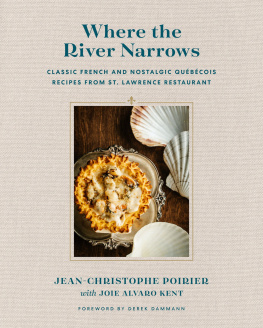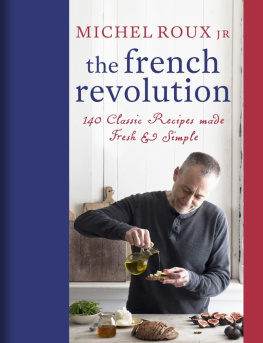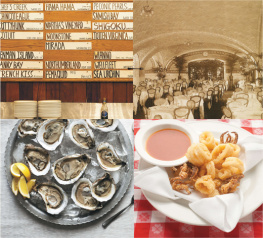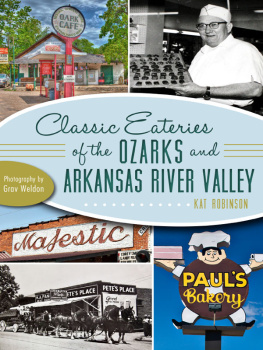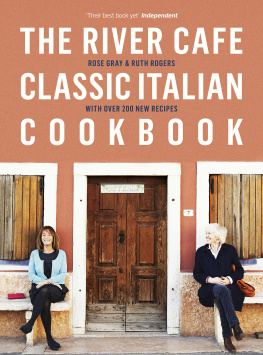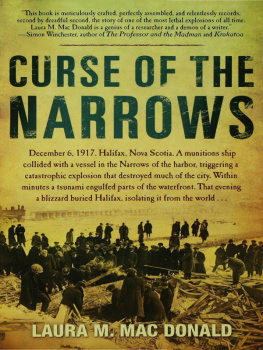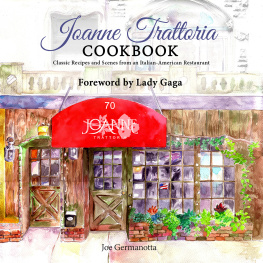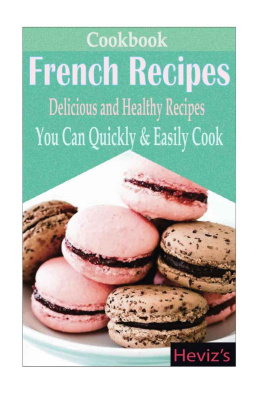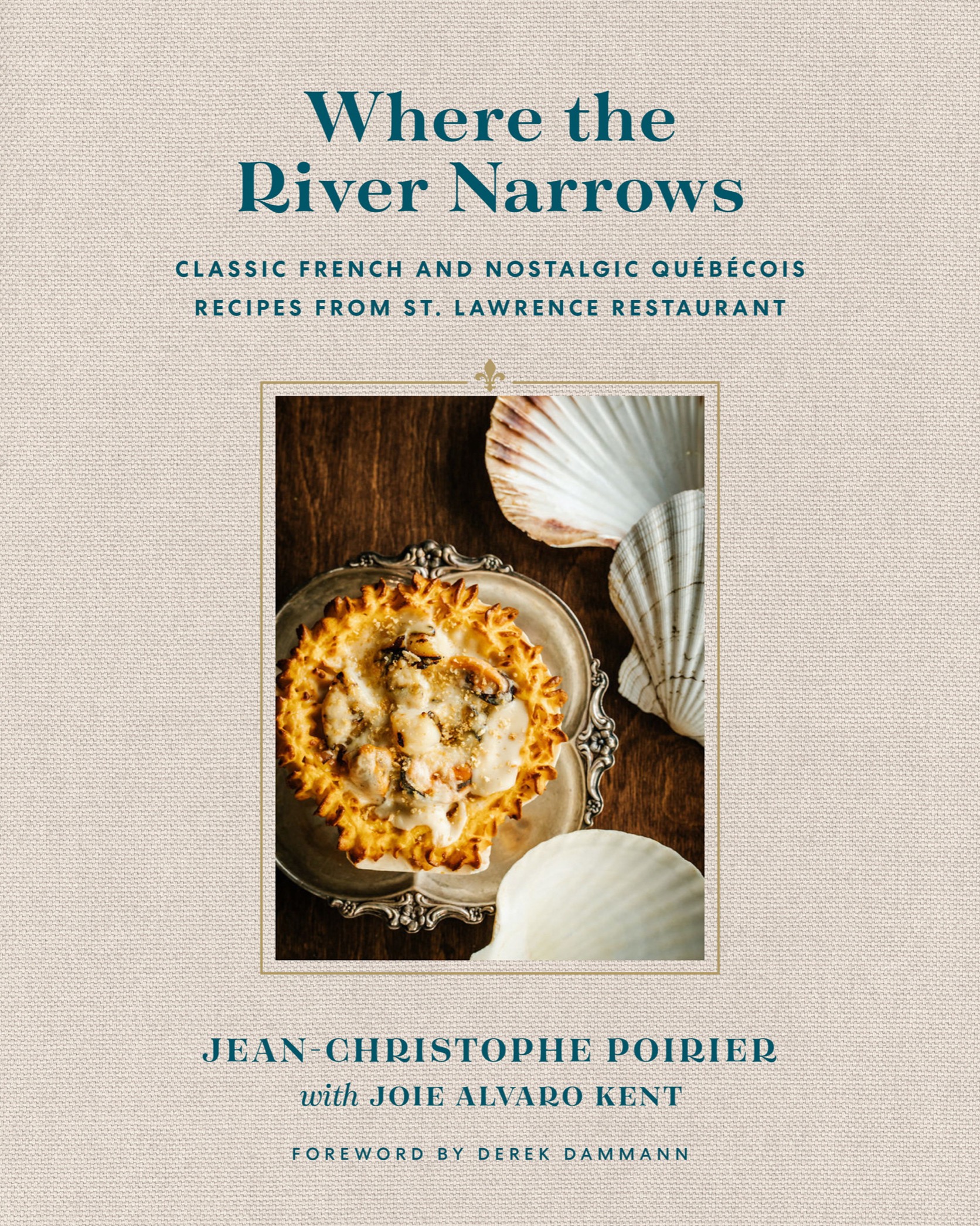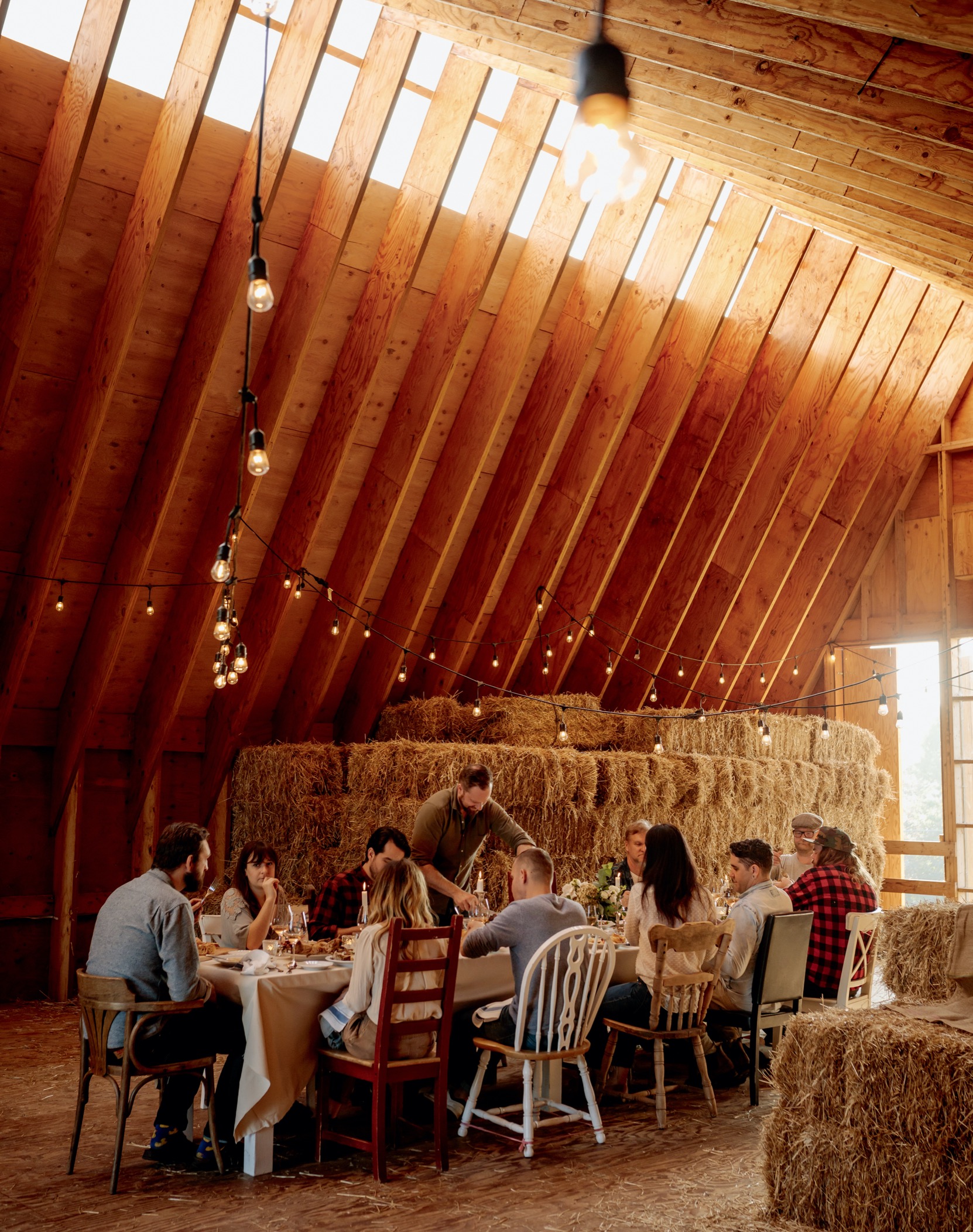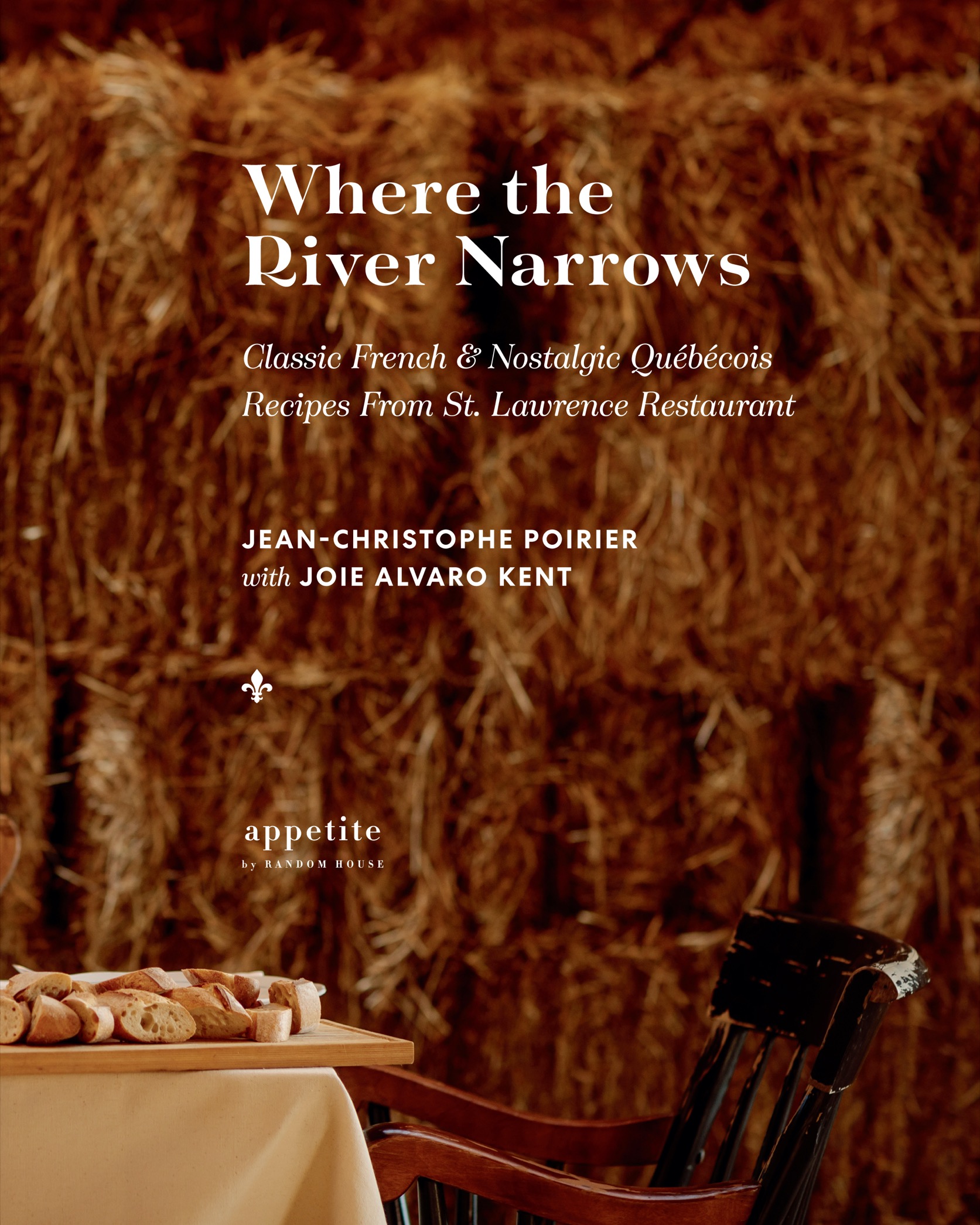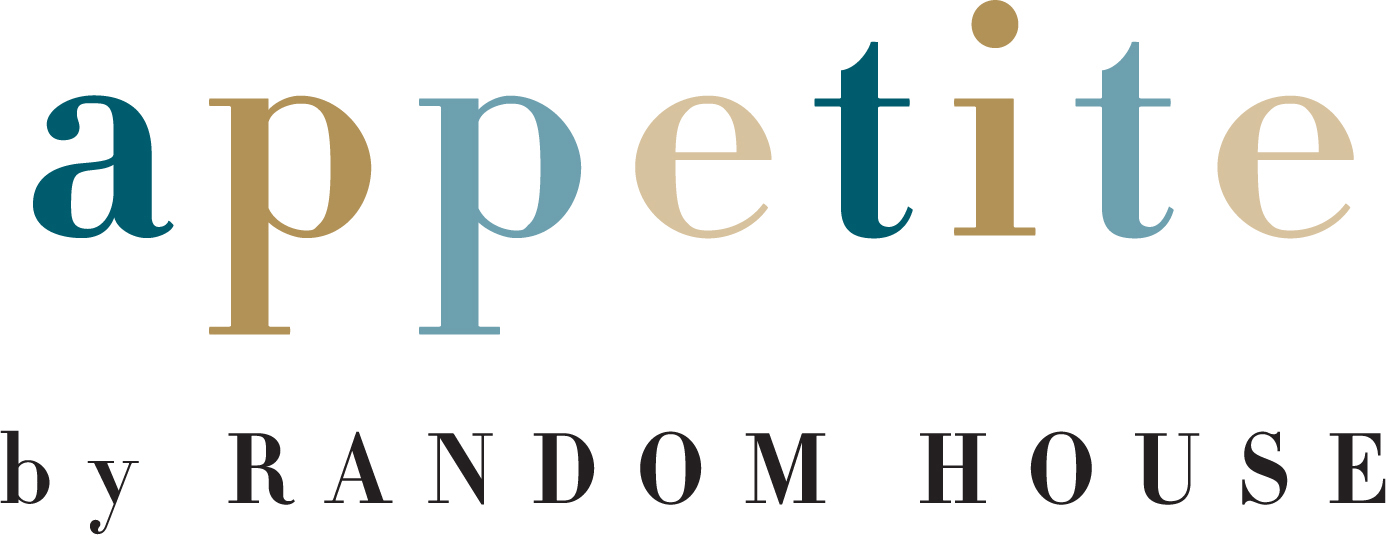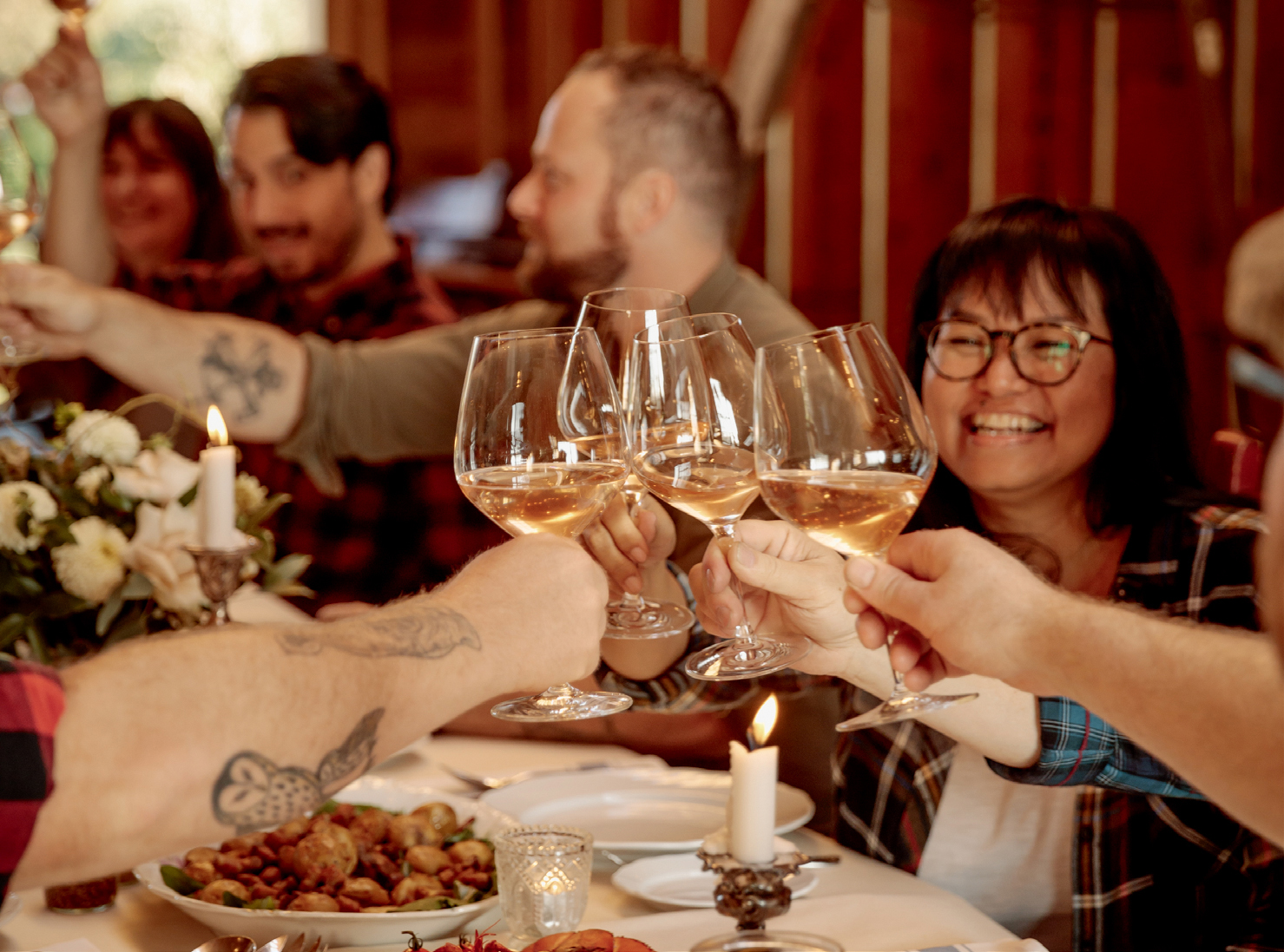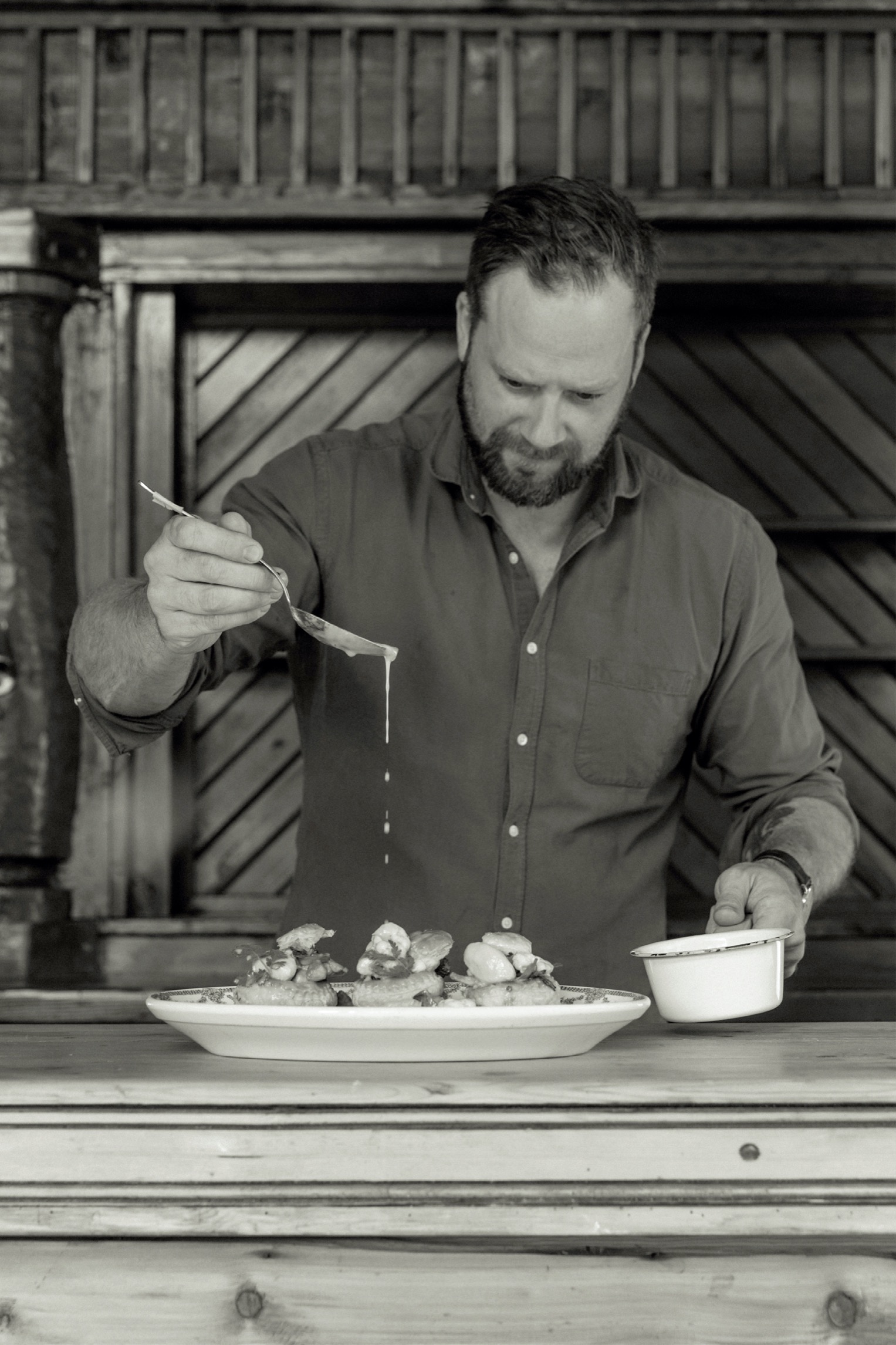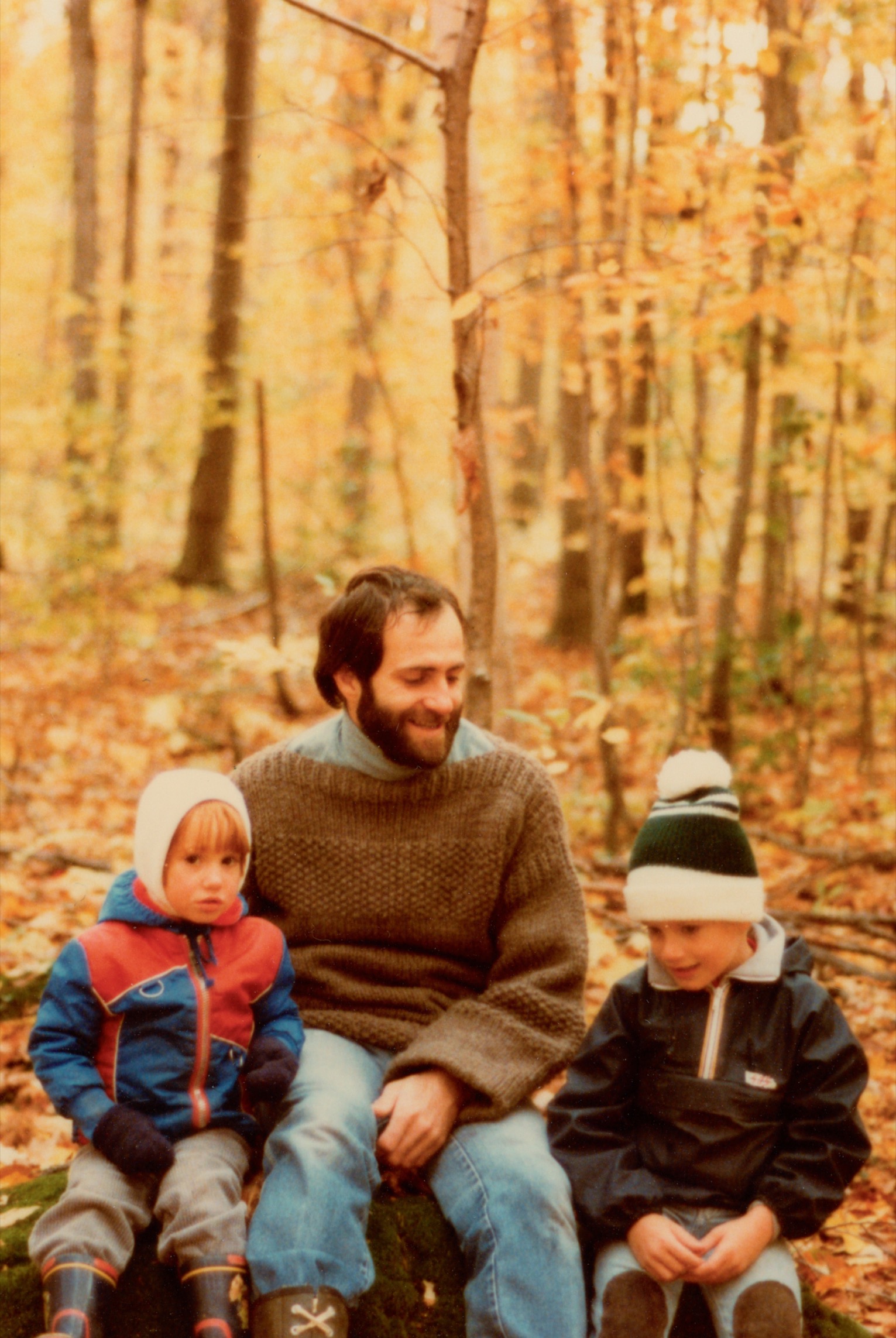All rights reserved. The use of any part of this publication, reproduced, transmitted in any form or by any means electronic, mechanical, photocopying, recording or otherwise, or stored in a retrieval system without the prior written consent of the publisheror in the case of photocopying or other reprographic copying, license from the Canadian Copyright Licensing Agencyis an infringement of the copyright law.
Appetite by Random House and colophon are registered trademarks of Penguin Random House LLC.
Library and Archives of Canada Cataloguing in Publication is available upon request.
Published in Canada by Appetite by Random House, a division of Penguin Random House LLC.
FOREWORD
BY DEREK DAMMANN
the restaurant is called Ask for Luigi? Whos that?
Its where I work now. I think youd like it.
Can I get a table for two?
We dont take reservations.
No reservationsyoure my sister. Who does this guy think he is?
Something as simple as a hot meal can take over so much of your life, but your professional views on it change dramatically as you mature. Ego-driven and complicated multi-course extravaganzas make way for simpler fare; thoughtful, regional, and emotional, overflowing with finesse. A dish of eggs and anchovies was the first thing I tasted at Ask for Luigi, a tiny Italian restaurant where J-C was the chef. It was an epiphany, best enjoyed with a touch of anger. Not for any reason other than it was delicious and oh so clever. Damn you, J-C, for coming up with it.
J-C is, if you havent figured it out yet, from Qubec. A magical place that I now call home. In fact, I more than likely moved here just as he was leaving. I didnt know him then; we werent buddies nor colleagues. Ill be completely honest; I know very little about his career. Which is actually great, since I dont have to wax poetic about which ranks he came up through to be the chef he is today. What I can say is that J-C comes from the world of grande cuisine. Today, we have inherited a world of petite cuisine. There are ten to eighteen small and tepid portions. The focus is on presentation, rather than eating. But for J-C, food is about generosity and this is reflected on his plate as well. Kitchens have become more systematic and are not such emotional spaces anymore. Sauces are mere droplets out of bottles on the pass. Instead, he embraces the stoves like a passionate concert pianist, roasting a duck and extracting the sauce out of the chopped-up carcass. There is a great quote by Marco Pierre White that says, If youve been given opportunities, then you have to create opportunities. If you are given knowledge, share your knowledge. If you were born with talent, show your talent off. From the humble beginnings in a time where you went to work to learn your craft, in a time where there was no such thing as a celebrity chef, J-C is an ambassador of his trade, giving people an insight into his world. Allowing them to buy into his dream, and that dream is to feed people to the best of his abilities.
Most of my knowledge of Qubec, like a lot of kids who grew up on the West Coast, was championed by my French and History teachers in high school. Outside of that, it was my mother yammering on about Cline Dion, and the usual culinary stereotypes that often define a nation. Englands is meat pies, fish n chips, cup o tea. Canada lends itself to back bacon, doughnuts, and stubby beers. Qubec is beaver tails, poutine, and maple syrup. While all of these ring true, if each country is a culinary heavyweight in its own right, Qubec is the ringleader in Canada. Its the one that shoots the person out of the cannon, its the one that crams twelve clowns into a tiny car, its the one that puts its head in the lions mouth. Insanity and intrigue around every cornerbut the one thing Qubec has that makes it truly unique is its regionality. There is no denying the food culture has been heavily influenced by French traditions, but recent decades have seen truly French cuisine phased out in favour of revisited Qubcois classics. Qubec has boasted a strong sense of self and a well-developed culinary identity for longer than most Canadian regions, thanks to a strong, provincially protected agriculture industry. Everything is a work in progress, but thanks to great chefs like J-C, the province is pushing forward and showcasing the limitless potential.
So, who do I think this guy is?
When I think of tenacity and dedication to his craft, J-C and St. Lawrence are the benchmark. Like a swan floating gracefully across a pristine lake, the frantic legs invisible under a beautiful, smooth sheen. Moving slowly and deliberately with great attention, J-C demonstrates the importance of regional French cuisine and proves that if you are a really good cook, you can go back in time. This book, Where the River Narrows, is a fascinating glimpse into what makes St. Lawrence tick, filled with invaluable lessons of respect, responsibility, and delicious food. This cookbook will inspire you, but remember that cooking is a philosophy, its not a recipe.
In a very strange time full of energy and opportunity, the culinary world is wide open for interpretation. J-C demonstrates the importance of taking ten steps backwards before taking one giant leap forward, understanding and sharing how sophistication and restraint can shape you personally and professionally. He is truly on an artists journey, creating his own intimate snapshot of our culinary landscape.
derek dammann

